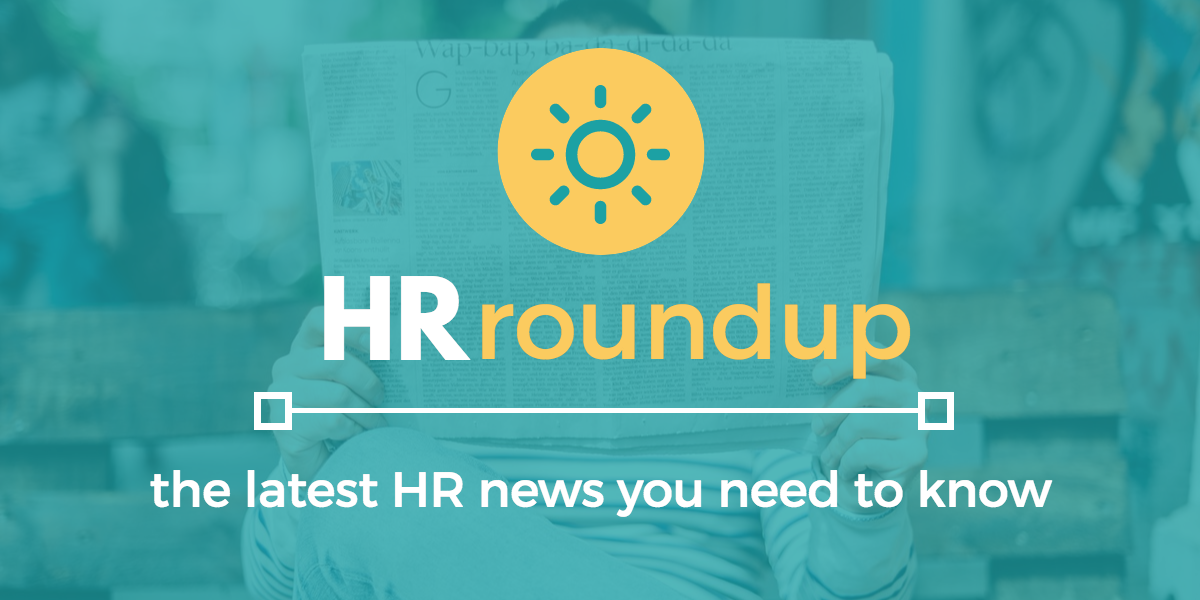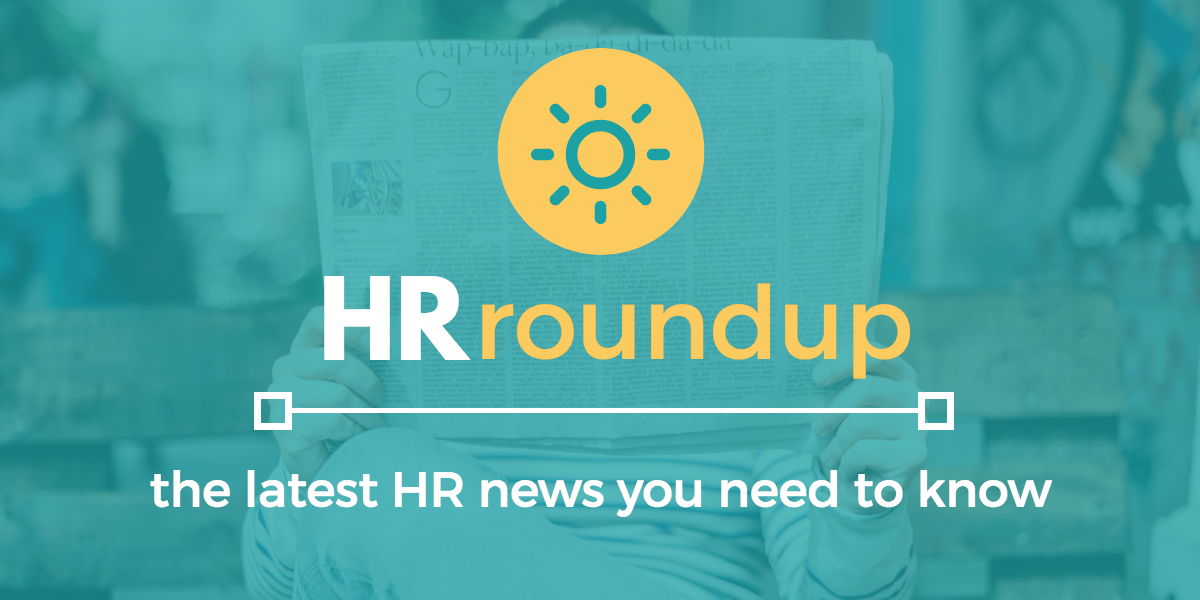
This April, we saw people take action for civil and labor rights, moving the tides in the HR landscape. Starbucks took fire for racial bias in the wake of two unwarranted arrests, and state attorney generals join the fight against the Affordable Care Act (ACA) lawsuit. We’ll also take a look at changes regarding overtime exemptions, and the human capital and tech investments Home Depot has made to remain as a successful brick and mortar store in a digital period.
Keep reading for more HR happenings in our latest HR Roundup:
The fight against the lawsuit aimed at ending ACA
Since its introduction in 2010, the ACA has survived nearly 70 unsuccessful repeal attempts in Congress. Previous cases like King v. Burwell and NFIB v. Sebelius have upheld the ACA’s constitutionality. In another lawsuit aimed to dismantle the ACA, the ongoing legal battle adds a new layer of players who support or oppose the recent Texas lawsuit.
Last year, President Trump signed legislation that declared the heart of the ACA — the individual mandate — unconstitutional. The original lawsuit filed in Texas argues that if the mandate is killed, the remainder of the ACA must also fail. Nineteen other states joined the anti-ACA coalition. If the attorneys general accept the motion to intervene, they would take part in the court proceedings and be able to provide evidence that the law is constitutional.
- Among 16 attorneys general, California Attorney General Xavier Becerra seeks to enter the lawsuit to defend the ACA. He argues that if the lawsuit succeeds, millions of people who receive quality, affordable healthcare under the ACA could lose half a trillion dollars in healthcare funding. Working families, seniors and people with disabilities could lose preventive care and prescription drug benefits. The state of California would stand to lose $160.2 billion in healthcare for its residents.
- Attorney General Beshear states that Kentucky stands to lose a projected $49.7 billion in federal funding if the lawsuit moves forward. The private insurance plans and Medicaid have been instrumental in the state’s fight against the opioid epidemic.
- Washington State Attorney General Bob Ferguson argues that insurers would discriminate against patients based on medical history, and they would be subject to annual and lifetime limits to their health benefits if the state loses coverage.
Other state attorneys generals joining the motion to intervene include California, Connecticut, Delaware, Hawaii, Illinois, Massachusetts, North Carolina, New Jersey, New York, Oregon, Rhode Island, Virginia, Vermont, Washington and the District of Columbia.
Starbucks implements racial bias training after arrests
Two black men were arrested at a Starbucks in Philadelphia after employees said they were trespassing. A viral video of the footage went viral on social media, and #BoycottStarbucks trended on Twitter. Soon, protesters wielding “too little, too latte” and #BLM signs outside the Philadelphia shop started a boycott against the location. Many see this as another case in a string of implicit bias that has led to discriminatory behavior from major corporations.
In truth, this type of treatment isn’t new—in retail or otherwise. What’s novel is where and how they were treated. Starbucks isn’t in the business of coffee. They embrace their role as a community meeting place welcoming all walks of life while applying subtle social pressure on visitors to purchase something. Their entire business model is predicated on the promise of a “free” space where shared social cues are the basis of their services. In this unusual case, two men who were minding their own business were led out of the premises in handcuffs at a coffee shop known for its inclusivity and social responsibility.
Starbucks Coffee Company announced it will be closing more than 8,000 company-owned stores in the U.S. on May 29 to conduct racial-bias education. In efforts to prevent discrimination in stores, nearly 175,000 employees across the country will take part in the onboarding process. The training program is designed to address implicit bias, promote conscious inclusion, prevent discrimination, and ensure safety and warmth on store grounds. It makes good business sense for Starbucks to address these fumblings, as its entire business depends on supporting an open, inclusive environment.
Overtime regulations under the FLSA
Update: As of July 1, 2024 changes have been implemented to the Fair Labor Standards Act. For most up to date information, visit the Department of Labor website or schedule a consultation with Fuse.
SCOTUS puts its foot down on FLSA construction language
In a 5-4 decision, SCOTUS ruled in Encino Motorcars, LLC v. Navarro that the Fair Labor Standards Act (FLSA) exempts service advisors at car dealerships from the act’s overtime requirements. Typically, the FLSA requires employers to pay overtime to employees who work more than 40 hours a week. Some employees are exempt from the rule, including “any salesman, partsman, or mechanic primarily engaged in selling or servicing automobiles, trucks, or farm implement.” But what about employees who consult with customers about servicing needs?
The District Court ruled that service advisors are exempt. However, the Ninth District ruled otherwise, sticking to its assertion that FLSA exemptions should be narrowly construed. While service advisors are considered “salespeople”, they aren’t engaged in “servicing automobiles, as they do not actually repair and maintain vehicles.” The Court rejected the Ninth Circuit's dependence on statutory interpretation. This decision solidified that exemptions should be construed as plainly as its written, shedding light on all employers asserting the application of any FLSA exemption.
DOL publishes new fact sheet for higher education employees
How do you determine “normal” work hours for educators with irregular schedules? If someone has a serious health condition, how are rest breaks compensated? Are lump-sum payments considering “earnings”? Finally, what is the applicability of “white collar” exemptions in higher education institutions?
All these questions were answered in the Department of Labor’s (DOL) new fact sheet for higher education employees concerning overtime pay under the FLSA. The fact sheet addresses the “white collar” exemptions for executive, administrative, professional, and outside sales employees. This includes teacher exemption, professional employee exemption, administrative employee exemption, academic administration employee exemption, and executive employee exemption. In particular, it highlights positions unique to higher education that may fall into various exemptions, including coaches, online educators, postdoctoral fellows, academic counselors, and department heads.
Additionally, the fact sheet provides opinion letters, frequently-asked-question responses, and general DOL details. Rolling out the fact sheet will provide employers with assistance and guidance for complying with the FLSA.
Home Depot launches biggest tech hiring spree in its history
Home Depot is going head-to-head with Amazon by doubling down on tech. In the age of e-commerce, the brick and mortar store plans to launch the biggest hiring spree in its history to support an $11 billion three-year investment plan and battle competition from Amazon and other online players. The recent news broke headlines after their strategic plan to expand its warehouse footprint and store improvement initiatives was initially announced in December. The incoming class of new hires will fill roles such as software engineering, user experience design, network engineering and product management in its company’s Atlanta, Austin, and Dallas technology offices.
The home improvement chain is staying ahead of major retail takeovers in part because of its homegrown technology effort that leverages development stacks and agile practices across public and private cloud platforms. Marc Benioff, CEO of Salesforce, praised Home Depot’s Chief Information Officer, Matt Carey, as a “legend in information technology” who “personally transformed” the company to fit the landscape. After all, Fast Company magazine named Home Depot one of the 50 most innovative companies in 2017. They’re not only known for their innovative training programs, but also how they’re changing the game in recruiting. The tech hiring spree may only be the beginning in their cutting-edge streak.
